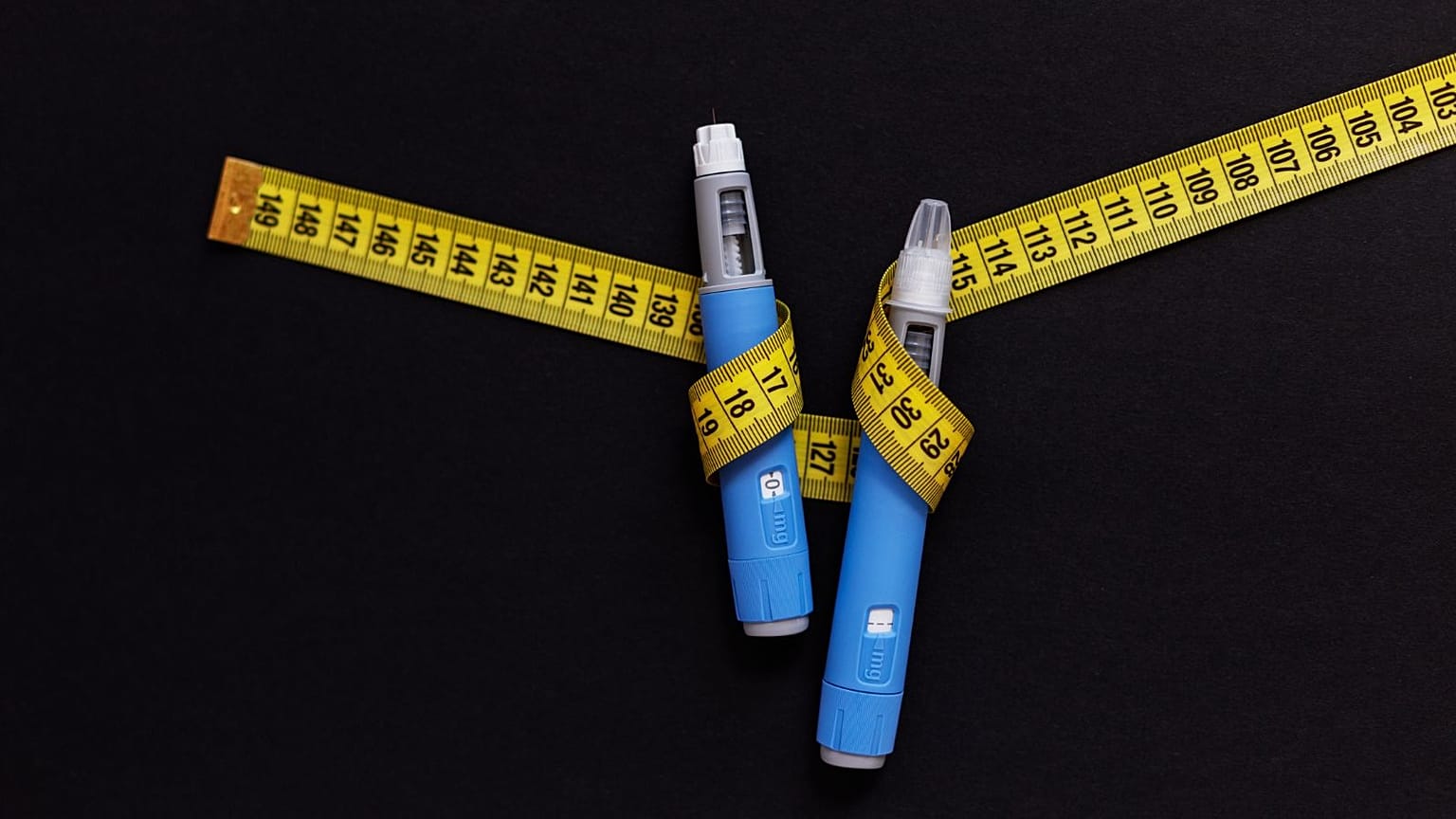Researchers looked at the composition of online purchases of semaglutide, the popular drug usually prescribed for diabetes or obesity.
Semaglutide - also known under the brand names Wegovy or Ozempic - has become one of the world’s most famous weight-loss drugs.
 ADVERTISEMENT
ADVERTISEMENT
 ADVERTISEMENT
ADVERTISEMENT
It is used in Europe and the US to treat type 2 diabetes and obesity, according to health authorities.
However, its promising results have prompted a frenzy regarding these products causing shortages and misuse including the sale of falsified versions of the drug online without valid licenses.
Researchers from the University of California San Diego in the US and the University of Pécs in Hungary have now looked into how these sales are conducted and what the products sold contain.
The researchers observed in a new study published in the journal JAMA Network Open that more than 40 per cent of online pharmacies selling the weight loss drugs were illegal online operations.
Researchers conducted tests on six of them after purchasing the products. Only half of them actually delivered a product, with all of them showing evidence of being “unregistered or unlicensed”.
“One sample had elevated presence of endotoxin indicating possible contamination, although no viable microorganisms were detected,” the study found.
Endotoxins are components of the outer membrane of the cell envelope of bacteria.
The active ingredient in the drugs, semaglutide, was present in the samples but “with considerably lower purity levels” with tests showing levels between 7 and 14 per cent compared to the 99 per cent advertised.
The amount of semaglutide also exceeded the labelled amount in each sample by 29 to 39 per cent, the study found.
Researchers highlighted in their discussion that "US poison centres have reported a 1,500 per cent increase in calls related to semaglutide".
The World Health Organization (WHO) released an alert in June regarding falsified products detected in Brazil, the UK and the US in 2023, some of them containing undeclared insulin which can lead to health complications.
“(The European Medicines Agency) is aware of reports of falsified Ozempic circulating outside the legal supply chain dating back to October 2023,” the agency said in an email.
“In our communications to the public, we have warned about the health risks associated with buying and using falsified products and have pointed to registered online pharmacies (which can be identified by the common EU logo),” the agency also said, adding that regulatory authorities and law enforcement agencies were investigating counterfeit medicines.
“Purchasing prescription drugs from unregulated, unlicensed sources without a prescription is risky and some websites may appear to be legitimate online pharmacies, but they are actually operating illegally and selling medicines that can be dangerous, even deadly,” the US Food and Drug Administration (FDA) said in a statement provided to Euronews Health.
“If a medicine has unknown active ingredients, it could fail to have the intended effect, could have an unexpected interaction with other medicines a patient is taking, or could cause dangerous side effects,” the agency added, highlighting that it had issued warning letters to internet pharmacies for illegal activities.

















